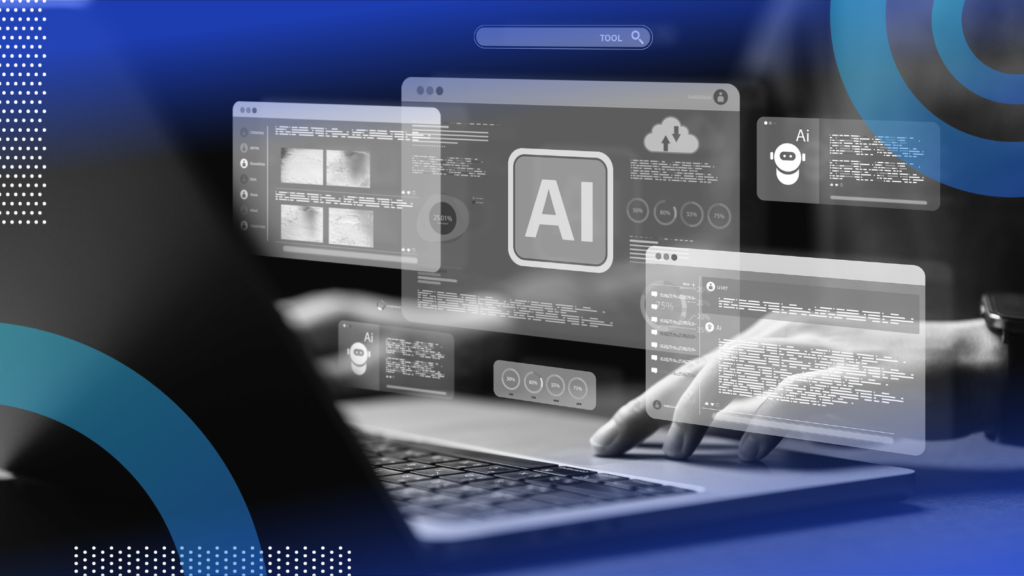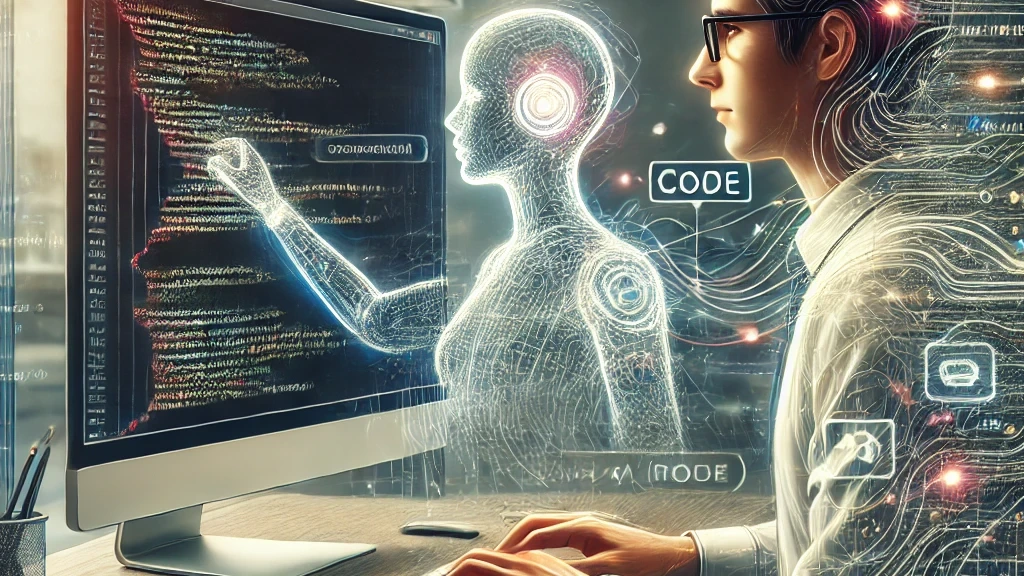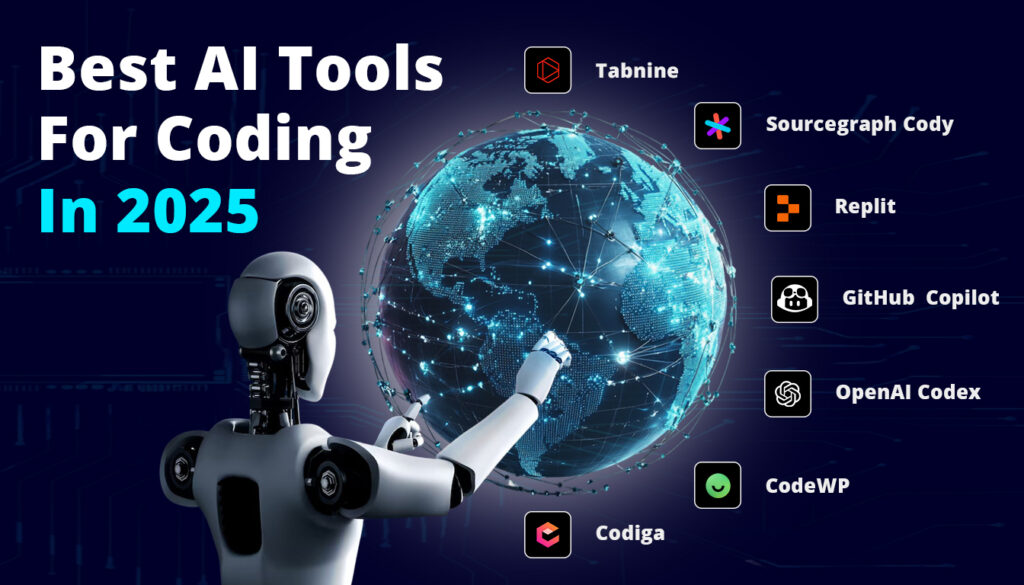AI coding assistants have transformed developer workflows for routine tasks, code generation, and debugging. However, when applied to complex or large-scale software projects, several limitations remain:
1. Limited Contextual Understanding
- Shallow Codebase Awareness: Most assistants can only reference a certain number of lines/files at once, leading to suggestions that miss broader architectural or business logic context.
- Inadequate Multi-File Reasoning: Handling interdependent modules, cross-cutting concerns, or large refactors across entire repositories is challenging; suggestions often lack full project awareness.
- Loss of Project Goals: AI may generate code that technically works but misaligns with long-term objectives, coding standards, or design patterns intended for the project.
2. Quality and Reliability Issues
- “Directionally Correct” Output: AI suggestions are frequently correct in basic scenarios, but collapse in edge cases or for highly specific project needs, resulting in code that “almost works” but requires significant human vetting and transformation.
- Bug and Security Blindspots: Assistants can introduce subtle bugs, overlook important exception handling, or suggest patterns with security risks, particularly in complex or sensitive code.
- Superficial Test Coverage: Generated unit or integration tests may ignore edge cases, dependencies, or fail to update stubs/mocks accurately.
3. Prompt Engineering Overhead
- Need for Precise Prompts: Effective use in complex projects demands carefully crafted instructions, explicit contextual information, and high-level domain knowledge to avoid generic or low-value code completions.
4. Scalability and Maintenance Risks
- Difficulty with Large, Evolving Codebases: Automated suggestions may not keep pace with rapidly changing APIs, tech stacks, or collaborative workflows in large teams.
- Documentation and Comment Gaps: Automatically generated docs or comments may be incomplete, misleading, or inconsistent with evolving code standards.
5. Human Oversight Required
- Nontrivial Review Time: Corrections, testing, code reviews, and refactoring of AI-generated code often offset any initial productivity gains, especially for non-trivial logic or multi-module changes.
- Skill Atrophy: Overreliance on AI for “routine” tasks may erode core engineering skills critical for debugging, optimization, or creative problem-solving in large-scale development.
6. Security and IP Concerns
- Potential for Unauthorized Code Use: Suggestions may inadvertently reproduce code snippets from public sources, raising licensing and intellectual property risks.
- Vulnerability Introduction: Without rigorous oversight, AI may propagate known vulnerabilities or fail to enforce established security practices.
7. Complex Refactors and Architectures Remain Human-Led
- Agentic Limitations: Even “agentic” tools performing multi-step tasks or cross-file changes still require careful human direction and frequent correction for anything beyond basic refactoring or boilerplate generation.
Summary:
While AI coding assistants boost efficiency in well-defined, modular tasks, their performance in complex project scenarios is constrained by limited understanding of full codebases, requirements for precise prompting, potential for bugs and security flaws, and the ongoing necessity of expert human oversight.



